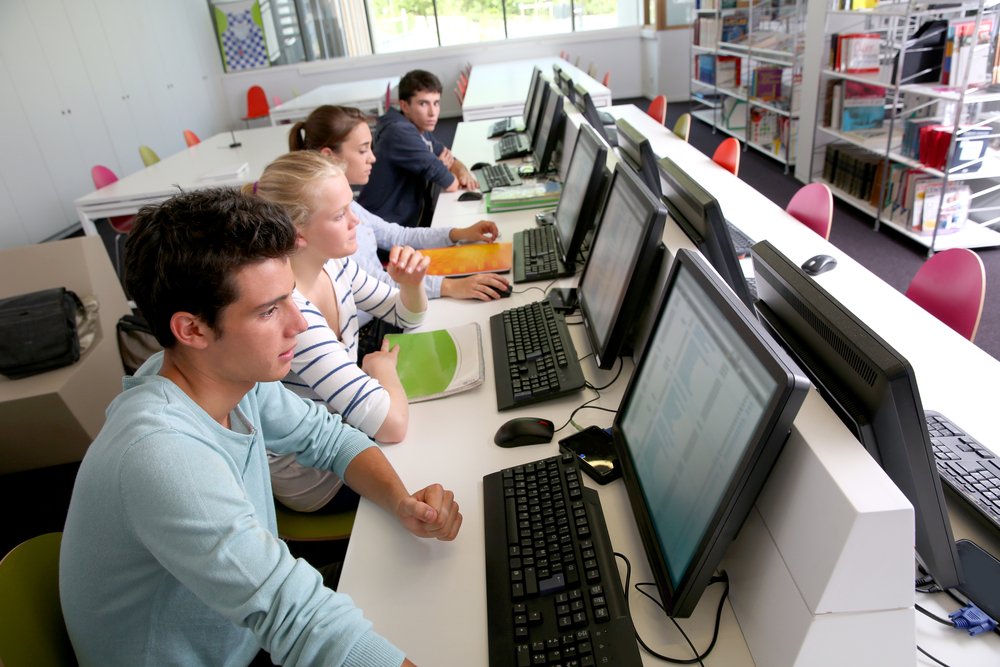
Multilingual tests: Why adequate training of linguists is a key component of translation quality in test translation and adaptation
by Steve Dept, cApStAn CEO
All language service providers will claim that they only work with experienced translators, which is mostly true, but this does not per se ensure translation quality. Serious organisations – and there are many – will invest time in preparing their test translation and adaptation projects thoroughly for multilingual tests: this may include carrying out a translatability assessment, drawing up robust item-per-item translation and adaptation guidelines, compiling bilingual glossaries and style guides for each target language. Translation agencies will guarantee that the review of the translation is carried out by a knowledgeable expert, and that may often be the case. Still, when setting up a multilingual test translation and adaptation workflow, one needs to factor in adequate training of the linguists involved.
Why is training a linguist so important for multilingual tests?
We have translated, adapted and verified tests and assessments in over 80 languages for 20 years now, and experience has shown that training of linguists is critical to success in test translation and adaptation. This is mentioned in the ITC Guidelines for Translating and Adapting Tests (2nd Edition) “Translators with knowledge of test development principles may be nearly impossible, in practice, to find, and thus it would be essential to provide training for translators to provide them with the item writing principles for the formats with which they will be working.”
This makes a lot of sense. Test translation is a very specific task. If a given term is used four times, say twice in a stimulus, once in a question stem and once in one of the response options, it should also be used four times in the translated version of the test. However, translators are educated people who have expert knowledge of their native tongue. As a consequence, they may like to show off their knowledge and avoid the clumsy repletion they see in the source version: they might proudly offer four synonyms in the target language instead of echoing the literal match. The translation will be artfully crafted, but replacing a verbatim match with a synonymous match alters the psychometric properties of the test item and may change its level of difficulty. This needs to be explained clearly to test translators – together with many other assessment-specific aspects of the translation and adaptation work.
Best approaches to training linguists
While face-to-face remains the best approach, a lot can be covered in a well-designed training webinar. The training of linguists should broach key theoretical aspects of test translation and adaptation; there should be some examples of challenges they are likely to encounter in the test they are about to translate – ask the linguists to resolve the challenge, make the webinar interactive. The training should include a hands-on exercise. If one wants this to be effective, the actual exercise should be sent a couple of days before the training webinar. The ideal number of participants is 10-15. If there are more than 15, split the webinar, propose two sessions rather than one. It is important, of course, to record the entire training session and to make the link available immediately after the training, so that the translators can watch it again when they actually begin the work.
In test translation and adaption, what the training of linguists adds to your budget and your timeline is negligible compared to the added value in terms of translation quality. If you’d like to find out more about how to train translation teams before they begin translating and adapting tests, if you want to know more about our training modules and formats, do contact us in the form below.
Looking forward to discussing focused training of linguists that will have an unmistakable impact on translation quality for your assessments.